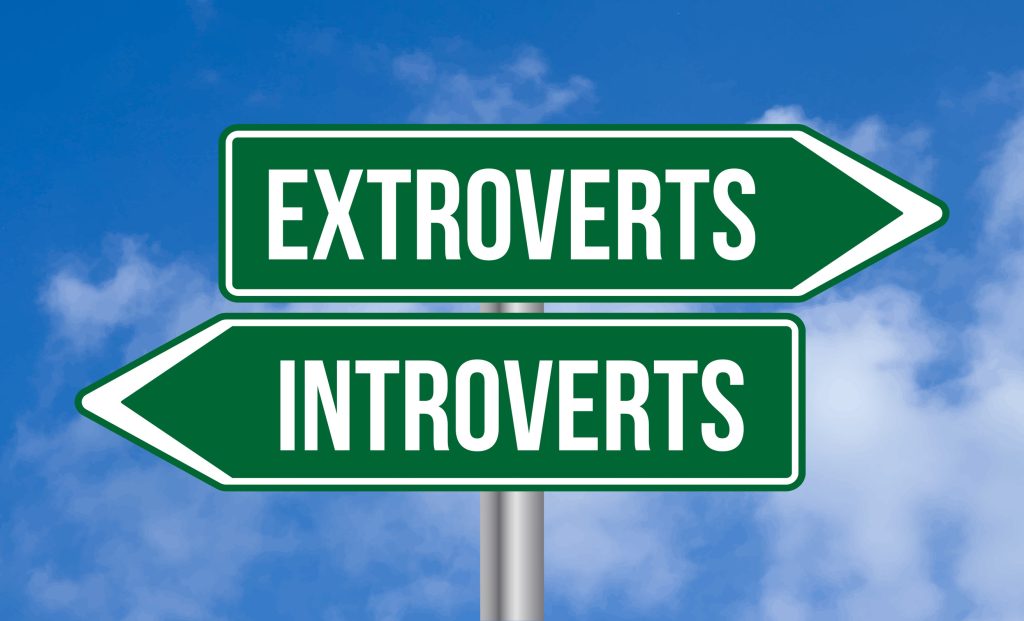
Introverts and extroverts experience and interact with the world in vastly different ways. While neither personality type is better than the other, their daily habits often reflect their distinct preferences for energy management, social interaction, and self-expression. Whether you identify as one or are somewhere in between, exploring these differences can deepen your understanding of yourself and others. Here are ten daily habits that highlight how introverts and extroverts navigate their days differently.
1. Morning Routines: Solitude vs. Social Interaction
Introverts often use their mornings as quiet time to recharge and mentally prepare for the day. They might read, meditate, or enjoy their coffee in silence. On the other hand, extroverts thrive on activity and may feel energized by chatting with family or playing upbeat music. The way each type starts their day sets the tone for how they approach the hours ahead.
2. Energy Sources: Time Alone vs. Social Engagement
For introverts, alone time is crucial for recharging their mental and emotional batteries. They might carve out time to journal, take a walk, or dive into a hobby. Extroverts, however, draw energy from being around others. They seek out opportunities to connect—whether it’s a quick chat with a coworker or a group lunch.
3. Socializing: Selective vs. Frequent
Introverts often limit their social interactions, preferring one-on-one connections over group settings. They may invest deeply in a small circle of close friends. Extroverts, in contrast, enjoy frequent social encounters and are more likely to thrive in group dynamics. They see each new interaction as an opportunity for connection and excitement.
4. Communication Styles: Reflective vs. Outspoken
When it comes to communication, introverts tend to think carefully before they speak or write. They may prefer emails or messages where they can take their time to express themselves. Extroverts, on the other hand, are often more spontaneous and vocal, favoring verbal communication and in-the-moment expression.
5. Work Habits: Independent vs. Collaborative

Introverts often prefer to work independently or in quiet environments where they can focus. They may excel in roles that allow for introspection and creativity. Extroverts, however, thrive in team settings where they can bounce ideas off others. They often shine in collaborative roles that require networking or group discussions.
6. Leisure Activities: Quiet Hobbies vs. Active Outings
Introverts gravitate toward hobbies that allow them to unwind and recharge, such as reading, painting, or gardening. They find joy in solitary or low-stimulation activities. Extroverts, on the other hand, are drawn to high-energy pastimes like attending parties, playing team sports, or exploring new places with friends.
7. Approach to Stress: Internal Processing vs. External Venting
When faced with stress, introverts tend to process their emotions internally. They might need time alone to reflect, journal, or find clarity. Extroverts, in contrast, often cope by talking through their feelings with others. They feel relieved after venting and seek advice or reassurance from their social circles.
8. Use of Technology: Selective vs. Frequent Sharing
Introverts are more likely to curate their digital presence carefully, sharing only what feels meaningful or necessary. They might prefer consuming content over contributing to it. Extroverts, however, enjoy being active on social media, sharing their thoughts, experiences, and engaging with followers. Technology serves as another avenue for connection.
9. Networking: Quality Over Quantity vs. Broad Connections
For introverts, networking is about building a small number of meaningful relationships. They value depth over breadth. Extroverts, on the other hand, are skilled at forming large networks and thrive in situations where they can meet new people. Their outgoing nature makes them comfortable in a variety of social settings.
10. Evening Wind-Down: Reflection vs. Connection
At the end of the day, introverts prefer winding down with calming activities like reading, meditating, or enjoying a quiet meal. Extroverts, however, may seek social interaction, whether through a phone call, a group dinner, or even a lively event. Their evenings are often as active as their days.
Unique Habits Set Them Apart
While introverts and extroverts have unique habits that set them apart, these differences are what make their perspectives so valuable. Understanding these habits can foster empathy and appreciation for the diversity in how we experience the world.
Are you an introvert or an extrovert? How well do you get along with your polar opposites? Share your thoughts in the comments below!
Read More:
Then vs. Now: 10 Startling Differences Between the 1980s and Today
New City, New Life? 9 Financial Struggles You’ll Face (And How to Survive Them)

Shatel Huntley has a Bachelor’s degree in Criminal Justice from Georgia State University. In her spare time, she works with special needs adults and travels the world. Her interests include traveling to off-the-beaten-path destinations, shopping, couponing, and saving.

